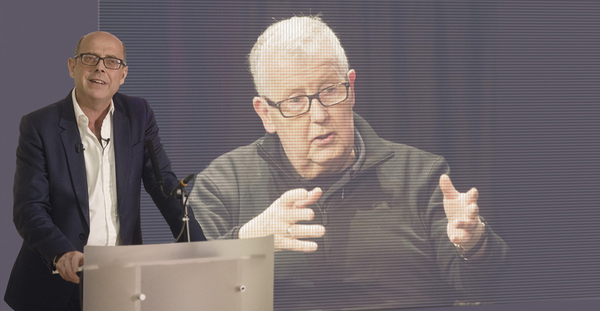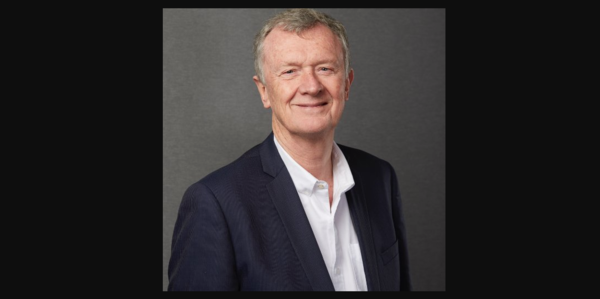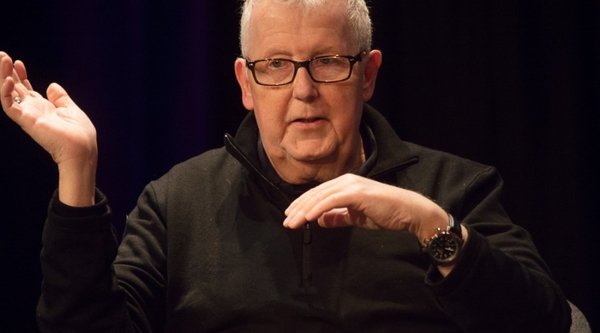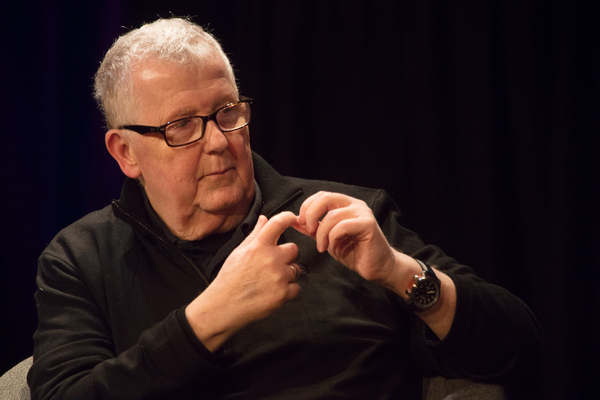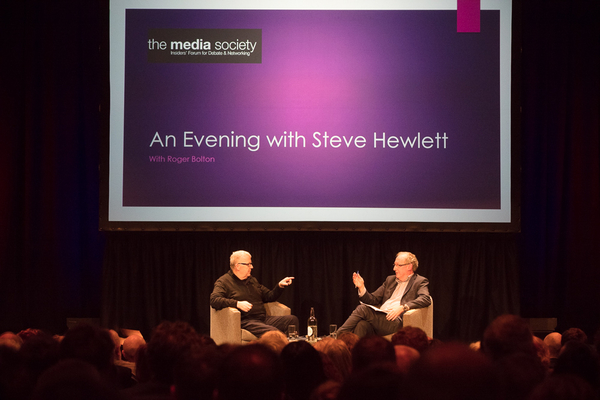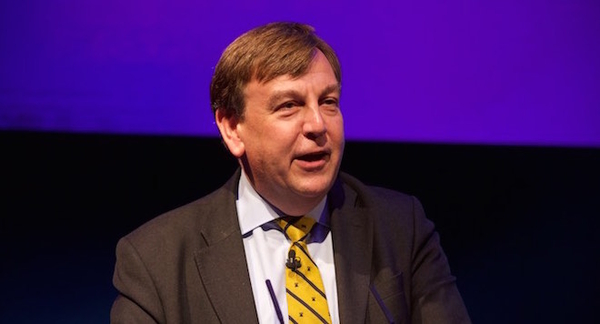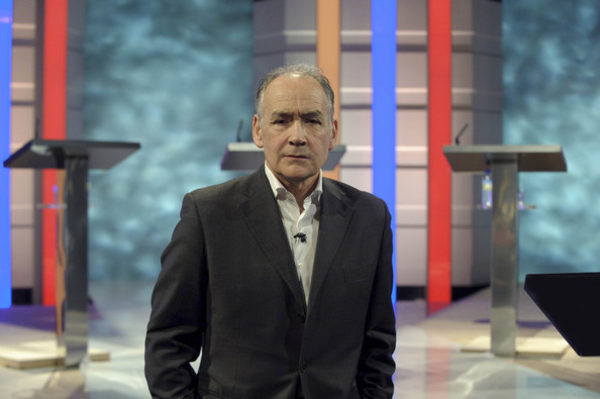BBC's Charlotte Moore highlights the importance of British TV at the Steve Hewlett Memorial Lecture
Delivering the Steve Hewlett Memorial Lecture, Moore echoed recent remarks made by BBC Director General, Tony Hall, in which he called for more funding for the BBC or investment in U.K. programmes would fall still further.
“In this new, US-dominated media environment, we run the risk of seeing fewer and fewer distinctively British stories.
“In a world of incredible, unprecedented choice, the irony is that British audiences may find it harder and harder to choose the stories that matter to them most,” said Moore.

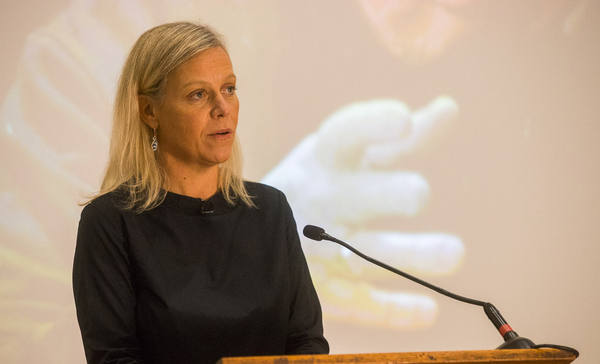
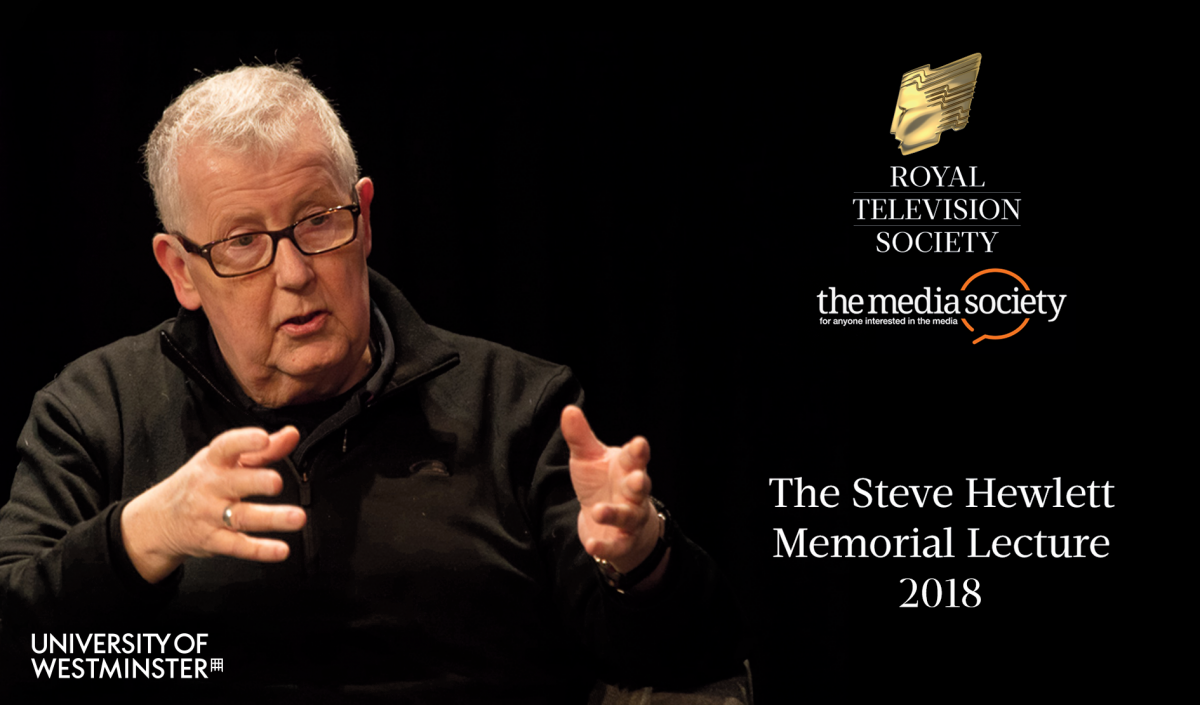 Charlotte Moore to deliver the Steve Hewlett Memorial Lecture 2018
Charlotte Moore to deliver the Steve Hewlett Memorial Lecture 2018